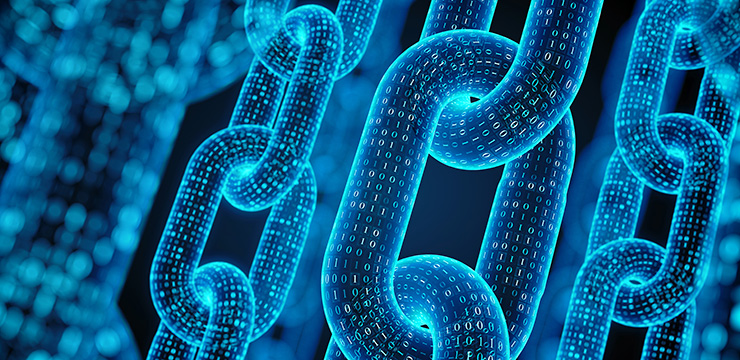In another first for the digital token industry, on February 20 the SEC announced a settlement involving a self-reported unregistered initial coin offering (ICO) without imposing a penalty. Like its earlier settlements with AirFox and Paragon, the SEC required Gladius Network LLC to repay investors and register its GLA tokens as securities. This time, however, in a sign that the SEC is willing to work with companies trying to come into compliance, the SEC did not impose a monetary penalty due to the company’s “decision to self-report and its extensive cooperation with the staff’s subsequent investigation.”

Having just completed their freshman year at the University of Maryland College Park in 2017, Max Niebylski, Alex Godwin, and Marcelo McAndrew during their summer break founded Gladius as a cyber security company dedicated to ending Distributed Denial of Service attacks. On September 27, 2017 Gladius released a White Paper, and between October 13, 2017 and December 13, 2017 it raised a total of $12.7 million dollars through the sale of GLA tokens.
In an apparent attempt to maneuver around the securities laws and avail itself of the as-yet-untested utility token defense – which attempts to show that the tokens did not represent an investment contract but rather, like it sounds, something with utility for the purchaser – Gladius required participants in the ICO to warrant that they were purchasing GLA tokens “solely for the purpose of accessing Services . . . [and not for] any investment, speculative or other financial purposes.” Nevertheless, in the summer of 2018 Gladius self-reported the unregistered sale of GLA tokens to the SEC’s Division of Enforcement.
The SEC, in the settlement order, included a one-sentence Howey analysis, finding that the sale of GLA tokens met the factors of Howey because “[a] purchaser in the offering of GLA Tokens would have had a reasonable expectation of obtaining a future profit based upon Gladius’s efforts to create a ‘marketplace’ using the proceeds from the sale of GLA Tokens and to provide investors with liquidity by making GLA Tokens tradeable on secondary markets.”
Although the Company will have to comply with notice and reporting requirements under the federal securities laws, the only ordered monetary relief is the requirement that the Company refund GLA token purchases made between September 2017 and December 2017 pursuant to a claims process similar to what the SEC devised for the AirFox and Paragon settlements. Given the infrequency with which investors actually file claims, it is unlikely that the Company will end up refunding the full $12.7 million-dollar obligation it faces.
In another notable deviation from the AirFox and Paragon settlements, the SEC directed Gladius to provide the Commission advance notice if it planned to file a Form 15 to terminate its registration pursuant to Rule 12g-4 under the Securities Exchange Act of 1934 on the grounds that the GLA Tokens no longer constitute a “class of securities.” This seemingly superfluous requirement could be the SEC’s way of signaling to the industry that token issuances that remain below the monetary and holder threshold requirements of Rule 12g-4 will not run afoul of securities laws.
All told, the Gladius settlement is proof that the SEC continues to show leniency to token issuers who violated the securities laws if they act in good faith and come into compliance.
